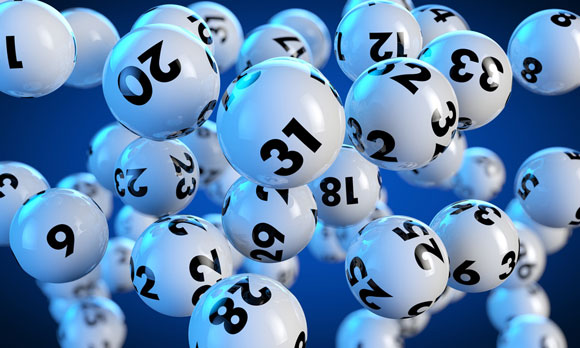
The Intriguing World of Lotteries: A Deep Dive into Luck, Strategy, and Society
From the exuberant clamor of jackpot celebrations to the hushed whispers of hopeful dreams, lotteries have captivated human imagination and activity for centuries. What started as a simple game of chance has evolved into a global phenomenon, entwining with economic, psychological, and cultural threads bandar toto macau. This article explores the multifaceted nature of lotteries, dissecting their history, societal impact, and the blend of luck and strategy that defines them.
A Brief History: From Ancient Roots to Modern Madness
The origins of lotteries trace back to ancient civilizations. Historical records indicate that lotteries were used in ancient China during the Han Dynasty (205-187 BC) to fund major state projects, including the Great Wall. The practice of drawing lots to allocate resources or select individuals was prevalent in the Roman Empire as well, often serving as entertainment during lavish banquets.
The concept evolved over the centuries, with lotteries playing a significant role in the medieval European economy. They were used to fund everything from town fortifications to charitable causes. The modern lottery, as we know it, began taking shape in the late 15th and early 16th centuries in Europe. The British crown, for instance, used lotteries to fund the establishment of the American colonies. By the 20th century, lotteries had become a structured and regulated form of gambling in many countries, leading to the diverse lottery systems we see today.
The Anatomy of a Lottery: How It Works
At its core, a lottery is a system where participants buy tickets for a chance to win prizes. The draw is typically random, ensuring that each ticket has an equal chance of winning. Modern lotteries come in various forms, from traditional number-based games to scratch cards and online lotteries.
- Ticket Sales and Revenue: Revenue from ticket sales is the lifeblood of lotteries. A significant portion of this revenue is allocated to prizes, while a substantial percentage is channeled into administrative costs and, in many cases, charitable or governmental causes.
- The Draw: The draw process is designed to be as random as possible. This is achieved through mechanical means (like spinning drums) or electronic systems that ensure fairness. The draw determines the winning numbers or symbols, which are then matched against the tickets purchased.
- Prize Distribution: Prizes can range from small amounts to life-changing sums. The distribution varies based on the lottery’s design—some offer fixed prizes, while others offer a jackpot that accumulates until someone wins.
The Psychology of the Lottery: Hope, Risk, and Reward
Lotteries tap into a deep-seated psychological phenomenon. The allure of a life-changing windfall, combined with the minimal cost of entry, creates a powerful appeal. Here’s a look at some psychological aspects:
- Hope and Optimism: The prospect of winning big generates hope and excitement. This optimism can be a strong motivator, driving people to purchase tickets despite the low probability of winning.
- Gambler’s Fallacy: Many participants believe in patterns or “lucky” numbers, despite the randomness of the lottery. This cognitive bias can lead people to spend more on tickets, hoping to increase their chances.
- Immediate Gratification: The instant nature of scratch-off tickets and the thrill of waiting for a draw offer a form of immediate gratification, which can be particularly appealing in a fast-paced world.
Societal Impact: Benefiting or Exploiting?
Lotteries have both positive and negative societal impacts. On the positive side, they often fund public services, education, and charitable initiatives. In many places, a significant portion of lottery revenue is directed toward social causes, improving public infrastructure, or supporting community projects.
However, lotteries also have a darker side. They can disproportionately affect lower-income individuals, who may spend a higher percentage of their income on tickets in the hope of improving their financial situation. This can lead to a regressive tax effect, where those least able to afford it contribute the most.